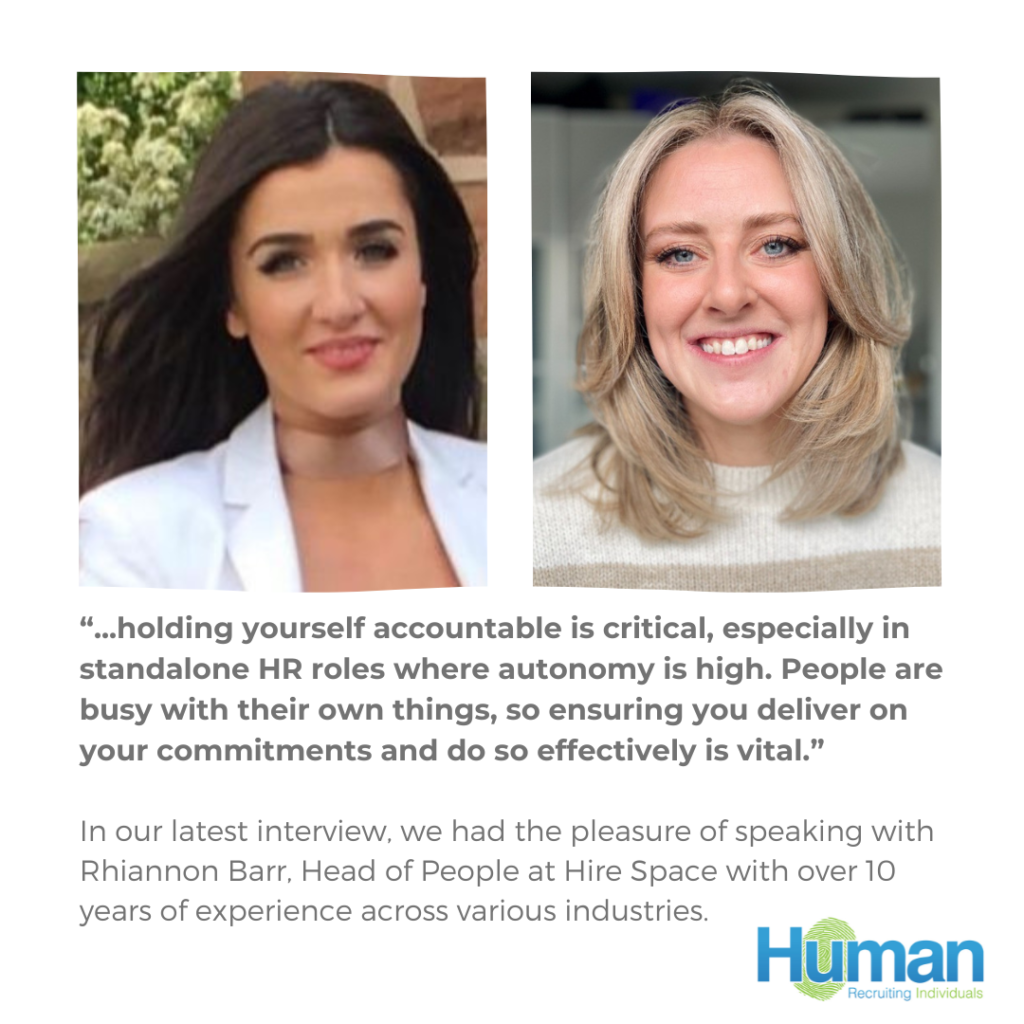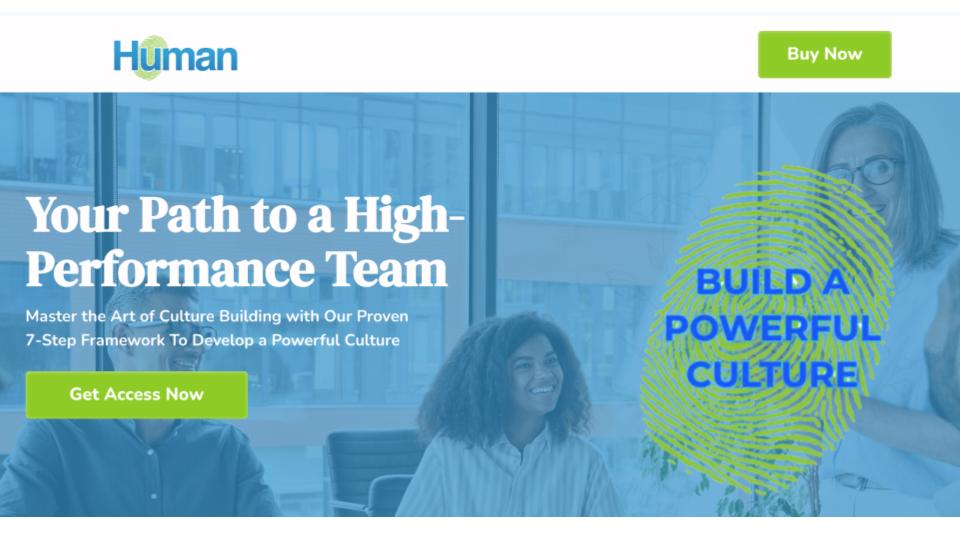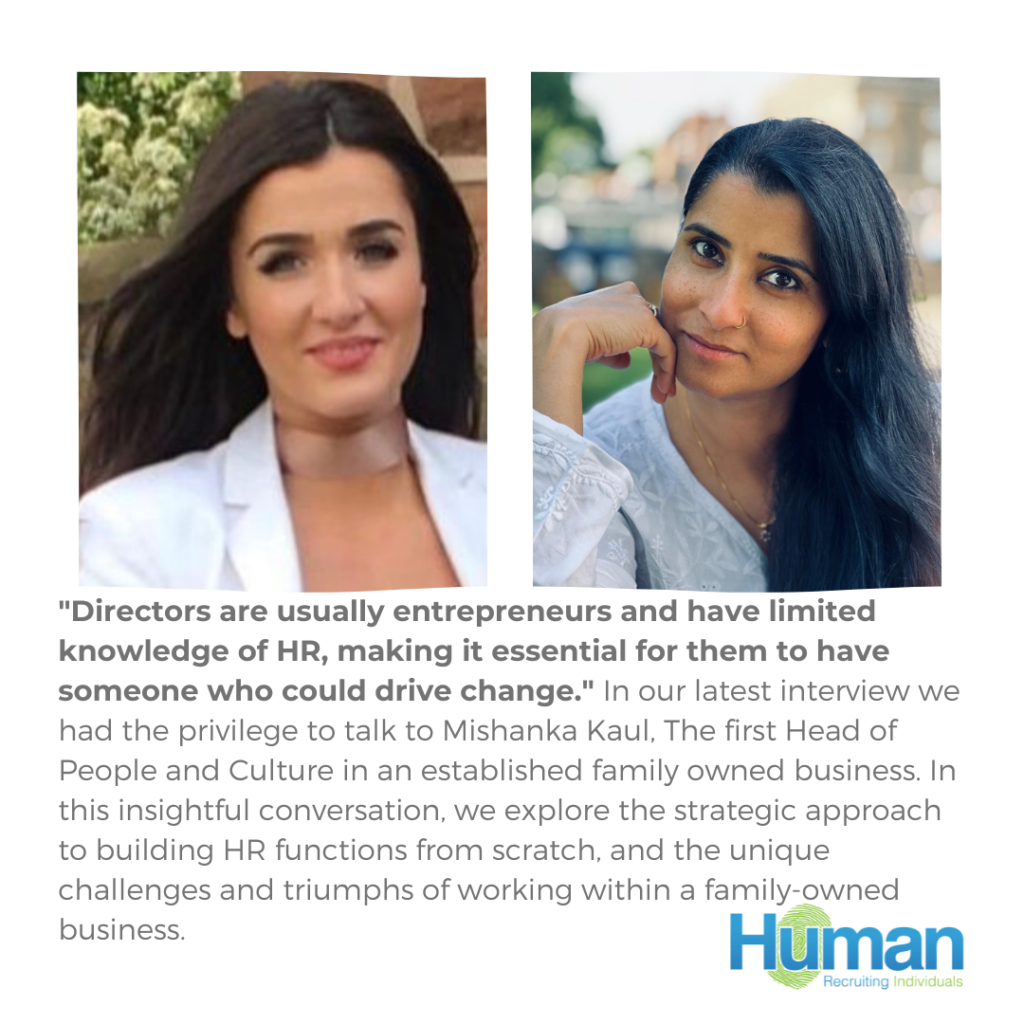In our latest addition to the HR Leaders Interview Series, We had the privilege to talk to Mishanka Kaul, Head of People and Culture at AA Labels—a family owned business specialising in designing, producing and embellishing labels for commercial and industrial applications worldwide. In this insightful conversation, we explore Mishanka’s unique journey into HR, her strategic approach to building HR functions from scratch, and the unique challenges and triumphs of working within a family-owned business. Mishanka’s career path and insights offer valuable lessons for organisations and HR professionals alike, highlighting the importance of authenticity, relationship-building, and strategic prioritisation in creating a thriving workplace culture. Can you describe your Journey into HR? Having completed my degree in Electronics Engineering (Mumbai, India), I started my career with NCR, a company that specialised in and was one of the main providers of cash machines, in Algiers, Algeria (North Afirca), as a Bilingual Products Sales Manager (with it being a Francophone country). As you can imagine, that had nothing to do with HR. Back when I completed my Engineering degree, I was heavily influenced by what people around me were doing. Engineering and Medicine were the two main fields of pursuing a professional qualification, and I thought that was what I wanted to do too. So after my degree, I began in this sales & tenders field role with the company, as I understood the specifications of its electronic items. During that time, I led a recruitment project on the side for a specific engineering role. I soon realised I enjoyed it much more than my actual job. That’s where my passion for HR would be ignited. I then went on to create policies for the organisation, which had about a hundred staff, and I realised that I loved interacting with people, and my passion for HR grew from there. Must mention that I was also very inspired by my sister Bhavna, who was already a well-established HR & Recruitment professional working in Dubai at the time. Thereafter, I moved to England with my husband and started seeking work in the HR field. It was challenging that I was always met with feedback on lacking UK HR experience. So, I took a year out and completed a dual master’s degree with a CIPD qualification from Anglia Ruskin University, Cambridge. This opened doors for me, and I got my first HR role as an HR Administrator at IKEA in 2011. That experience was incredibly enriching, and it only made me more and more interested in the HR field. I had a wonderful manager, Janet, who was always there to support my growth and development, even beyond my time at IKEA itself. I think having the right people to help you with your professional growth changes everything. And that’s how I’m here today! You transitioned from a Global Giant to a Family-Owned Business, How did you navigate that change and what drew you to the role? I always believe: unless you genuinely care about people, don’t do HR! And by people I mean the management, the directors, and the employees. Everyone’s a human being at the end of the day with their own unique learning journeys. With this role at AA Labels, I felt I could apply my skills and experience and make a meaningful contribution to an existing business with huge amount of potential. Prior to me, there was a basic presence in terms of HR. I could see that there were several possibilities in what I could bring to the organisation and partner with directors to enable steady growth. Sometimes you have to go with your gut feeling and your intuition. I’ve been here for nearly six years now, expanding the HR function, as we went ahead supporting people in their development. The directors really wanted to put things in place, didn’t have holistic know-how on the HR side. Understandably, they are entrepreneurs and had limited knowledge of HR, making it essential for them to have someone who could drive change. It’s very expensive to hire consultants for every small thing you want to do. For them, it made sense to hire somebody who had the knowledge, genuine drive, and willingness to make a difference. I had a lot of support from them, and it’s been a very rewarding journey for all of us. When Starting From Scratch, Where Do You Begin as the First Dedicated HR Person? It’s impossible to achieve everything in one go. My strategy was to list everything that needed attention and prioritise with my line manager, who is currently the Managing Director. For the first six months, we focused on the top two or three priorities. It’s crucial not to bite off on more than you can chew. You cannot try to do too much at once, as operations still need to continue smoothly. It’s important to stretch yourself but not to a point where things start falling apart. Gradually, we got to a stage where everything was self-sustained in certain areas, and then we moved on to the next priorities. How do you build a Culture of Trust and Support with Employee’s? It all comes down to genuinely caring about people. It’s not just about saying the right things; it’s about actually caring about them and understanding how what you’re doing, is going to impact them. Addressing concerns is key. Any interventions I propose are always centered around people, and this of course, has a direct positive impact on the business. I always start by talking to line managers and explaining changes until I get to know the people better. Everyone is different, so for me, it’s about knowing them and making a robust effort to build that relationship. Even passing conversations in the kitchen, for example, are perfect opportunities to build meaningful connections. That personal touch goes a long way. This also helps to predict elements of resistance to change and challenges beforehand. When people see how previously implemented changes have led to progress, they become




